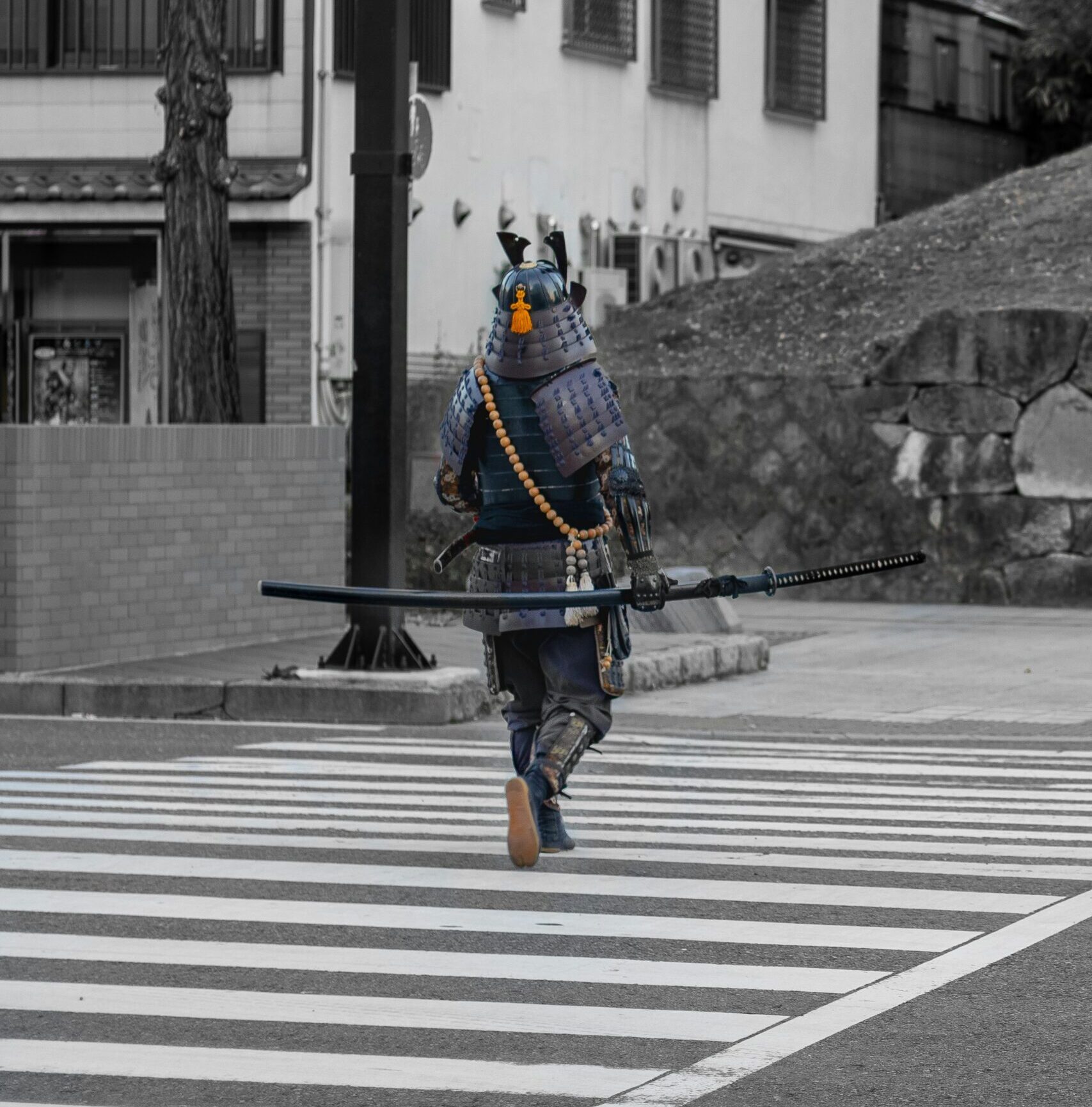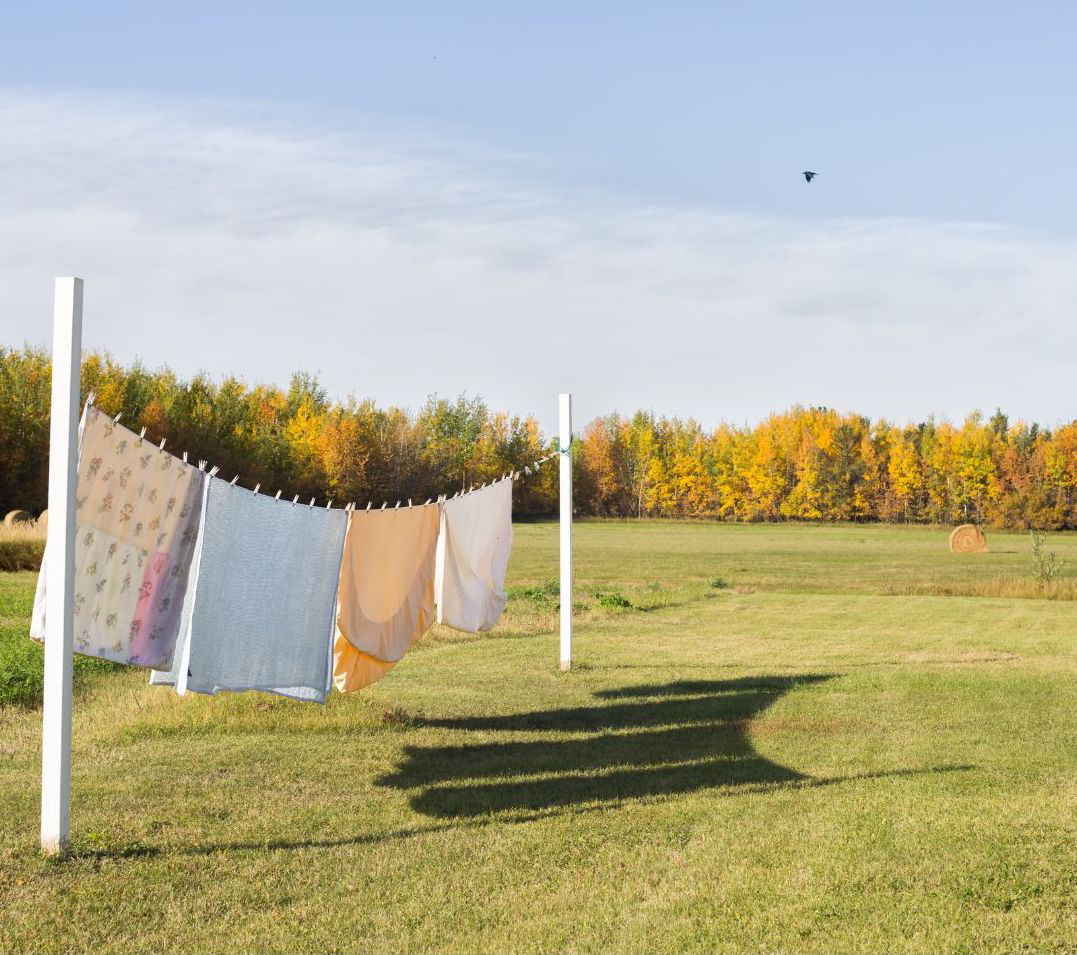Featured in

- Published 20250506
- ISBN: 978-1-923213-07-4
- Extent: 196 pp
- Paperback, ebook, PDF


Already a subscriber? Sign in here
If you are an educator or student wishing to access content for study purposes please contact us at griffithreview@griffith.edu.au
Share article
More from author

The blue room
FictionMum did not tell us that Sabina had tried to kill herself. She said that she was unwell, and because she was unmarried and her children lived interstate Sabina would stay with us while she convalesced. We figured it out after she arrived; she did not appear sick, but lively and plump. Nor was there any regularity to her medical appointments. Though Phoebe was irritated that she would have to share her bathroom we found the situation morbidly glamorous, the sick woman with the elegant name whose stay would end with recovery or its opposite. So many sibilant words: suicide, convalescence, Sabina. Having no knowledge of death or any conviction we would ever die, suicide seemed tinged with romance. That Sabina lived confirmed our belief that death was not serious.
More from this edition

A half-century of hatchet jobs
Non-fictionAuthors and publishers worry that bad reviews kill sales. I’ve seen no evidence that this is the case, but plenty that bad reviews distress and demoralise their subjects. Many people who care about literature endow criticism, and especially negative reviews, with magical powers. They hold dear the fantasy that if critics did a better job, if they were braver soldiers, the profound structural problems that bedevil Australian literature – books rushed to press, low pay, policy indifference, plummeting reading rates, crisis in higher education, not to mention the racism and the classism – might somehow disappear. A cracking review ennobles its subject with attention and consideration, but I’ve never seen one earn an author a higher advance on their next book or buy them more time for revision, let alone shift the federal arts budget.

Stuff
FictionMarty was my algorithm. He told me which internet plan to get. He researched the best conductive wall heater. He chose my clothes every night for the next day. He gave me a list of where I could go on my lunchbreak. Sometimes his decisions were arbitrary, or mysterious to me. But I did not care. It was, yes, like being a child again. And maybe Rachel was right; maybe there was something to that, something deep in my psyche. But all desire came from that deep, dark place of infancy. Your leather penchant is my life-coach-boyfriend-boss. None of us can take the high road here.

It ain’t easy being twee
Non-fictionDuring my pre-teen years, I amassed a large collection of animal plushies and figurines. I loved collecting different species, different families and different genii. I didn’t just want a generic teddy bear, I wanted specific representations of the animal kingdom: grizzly bears, black bears, sun bears and so forth. (FYI: in earlier decades, it was hotly contested whether giant pandas were true bears or were closer to their raccoon relatives, so my panda plushie split its time between families.) My plushies were ‘decluttered’ when they were no longer ‘age appropriate’. I was expected to become a different kind of person – one who doesn’t think about plushies. One who can get by on utility, with no need for art, beauty or whimsy. One who can use their perspicacity for something sensible. It wasn’t to be. My dad’s influence failed miserably – emphasis on misery. Or, arguably, it swung me further away, back in the direction of my grandparents, imbuing my possessions with sentience, value and personality. I find it unbearable to let anything go.